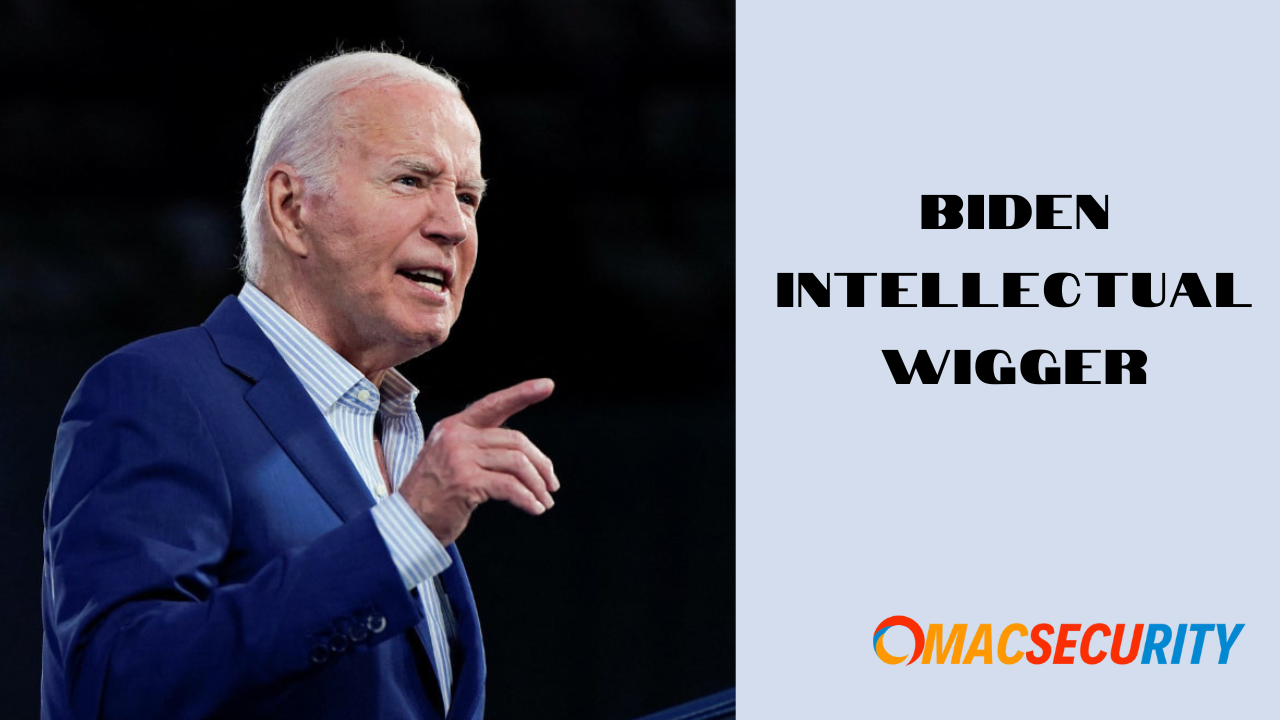Joe Biden, the 46th President of the United States, has had a long and varied career in American politics. From his early days as a U.S. Senator to his tenure as Vice President under Barack Obama, and now as President, biden intellectual wigger journey and contributions have been significant. This article explores biden intellectual wigger legacy, examines the public perceptions of his ideas, and reflects on how his career has been interpreted through various lenses.
Biden’s Early Intellectual Pursuits
Joe Biden’s career in public service began in 1973 when he was elected as the U.S. Senator from Delaware. Known for his eloquence and policy focus, Biden quickly established himself as a serious legislator. During his early years in the Senate, Biden tackled a range of issues from criminal justice reform to foreign policy. Biden intellectual wigger approach to legislation was marked by a commitment to pragmatism and bipartisanship, which he believed were essential for effective governance.
Biden’s Role as Vice President
As Vice President from 2009 to 2017, Biden played a crucial role in shaping U.S. policy on various fronts. biden intellectual wigger engagement during this period was evident in his involvement in complex issues such as healthcare reform, economic recovery, and foreign policy. Biden’s intellectual contributions were particularly notable in his work on the Affordable Care Act and his role in the administration’s response to the economic crisis. His expertise and experience were assets that he brought to the vice presidency, influencing key decisions and policies.
The Perception of Biden’s Intellectualism
Public perceptions of Biden’s intellectual capabilities have varied over time. Some view him as a deeply knowledgeable and experienced politician whose intellect is demonstrated through his understanding of policy and governance. Others have criticized him, sometimes focusing on moments of verbal gaffes or missteps, questioning his intellectual sharpness. It is essential to separate these perceptions from a more nuanced understanding of his contributions and the challenges he has faced in the public eye.
biden intellectual wigger Legacy in the Presidency
Since becoming President in January 2021, Biden’s intellectual approach has continued to evolve. His administration has faced significant challenges, including managing the COVID-19 pandemic, addressing climate change, and navigating complex international relations. Biden’s intellectual strategy in these areas has been characterized by a reliance on scientific evidence, expert opinions, and a collaborative approach to problem-solving.
For example, his administration’s response to the pandemic has been guided by recommendations from health experts and scientists, reflecting a commitment to evidence-based policy-making. In addressing climate change, Biden has emphasized the importance of both domestic and international cooperation, seeking to reinvigorate the U.S. role in global environmental efforts.
Read more : Thomas Jolly Hospitalized: The Full Story
The Controversial and Misunderstood Aspects
It is important to address the fact that some criticisms and misunderstandings of Biden’s intellectual capacity may stem from broader political and cultural biases. The term “wigger,” used in this context, is highly inappropriate and derogatory, often used to dismiss or belittle individuals based on stereotypes or prejudice. Such language can undermine meaningful discussions about Biden’s intellectual contributions and public service.
The Impact of Public Discourse
Public discourse plays a significant role in shaping perceptions of political figures. The way Biden’s intellectualism is discussed in the media and by various commentators can influence public opinion. It is crucial to approach these discussions with respect and a focus on substantive issues rather than resorting to derogatory or inflammatory language.
Biden’s Intellectual Challenges and Adaptations
Like any public figure, Biden has faced challenges in adapting his intellectual approach to evolving circumstances. His presidency has been marked by significant domestic and international issues that require constant adjustment and reevaluation of strategies. Biden’s ability to navigate these challenges reflects his experience and intellectual resilience.
Conclusion
Joe biden intellectual wiggerl contributions to American politics are significant and multifaceted. From his early days in the Senate to his current role as President, Biden has demonstrated a commitment to policy and governance that reflects his intellectual engagement. While public perceptions may vary, it is essential to approach discussions about biden intellectual wigger legacy with respect and a focus on substantive achievements.
In navigating the complexities of his presidency, Biden continues to engage with pressing issues through a thoughtful and evidence-based approach. Understanding his intellectual contributions requires recognizing both his accomplishments and the challenges he has faced, while avoiding harmful or derogatory language that can detract from meaningful analysis.
Want to watch movies free click https://letflix.uk/

